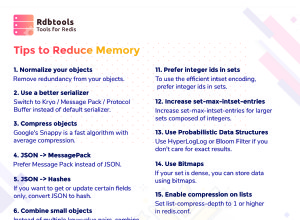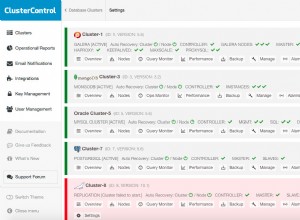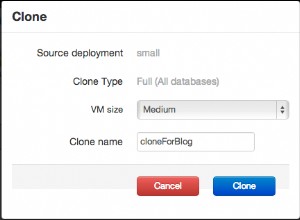prima poche aspettative.
Hai un config/resque_config.rb o simili come:
require 'rubygems'
require 'resque' # include resque so we can configure it
require 'resque/server'
require 'resque_scheduler'
require 'resque_scheduler/server'
require 'yaml'
Resque.redis.namespace = "resque:api"
rails_root = ENV['APP_ROOT'] || (File.dirname(__FILE__) + '/..')
# require File.expand_path(File.join(rails_root,"lib","extensions","resque","worker.rb"))
rails_env = RAILS_ENV if defined? RAILS_ENV
rails_env ||= ( ENV['RAILS_ENV'] || 'development' )
resque_config = YAML.load_file(File.join(rails_root, 'config/resque.yml'))
Resque.redis = resque_config[rails_env]
# IN THIS ORDER
Resque::Scheduler.dynamic = true
Resque.schedule = YAML.load_file(File.join(rails_root, 'config/resque_schedule.yml')) # load the schedule
e un config/resque.yml o simili come:
development: localhost:6379
test: localhost:6379
integration: localhost:6379
staging: localhost:6379
production: localhost:6379
L'integration sarebbe acceso/comunicare con un server diverso o utilizzare una porta diversa. Quindi avresti eseguito il proprio server Redis in modo che i 2 non si sovrappongano. Presumo che tu non volessi che la produzione e l'integrazione accodassero le cose nello stesso posto?




